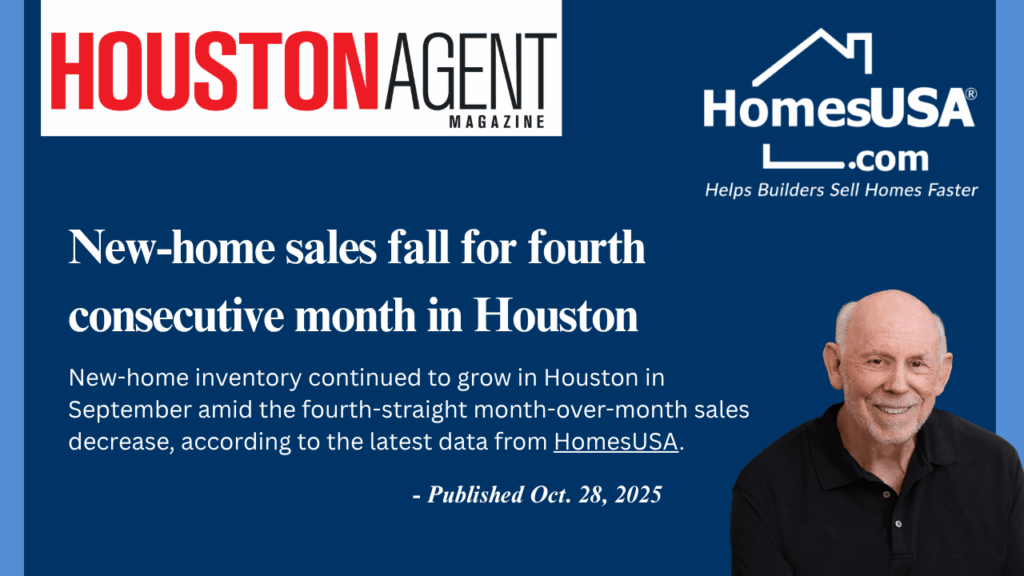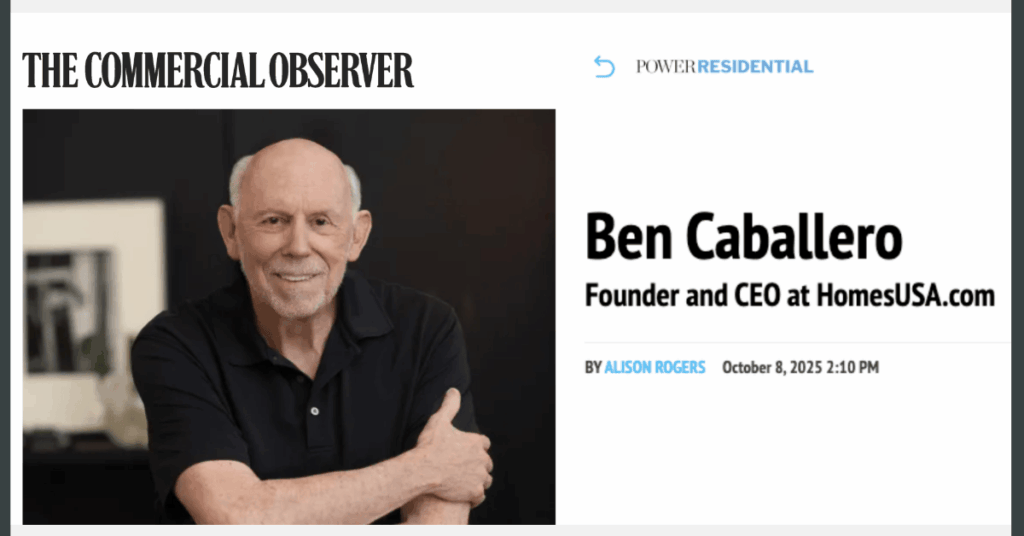If you’re looking to build wealth, it might be wiser to rent a home in Dallas-Fort Worth than to buy.
That’s the finding of a study by economists at Florida Atlantic and Florida International universities. Their research compares two North Texas consumers starting out with the same pile of money, with one buying a home and the other renting and reinvesting in stocks and bonds over an eight-year period
The renter would come out ahead financially, the economists concluded.
That’s because Dallas-Fort Worth has the most “overheated” residential real estate market, in terms of price appreciation, among the 23 largest metro areas in the U.S., according to the economists. They don’t think the region’s home price growth is sustainable.
“I can’t tell you when it’s going to happen, but there’s going to be some downward [pricing] pressure,” said Ken Johnson, a real estate economist at Florida Atlantic University and co-creator of the Beracha, Hardin & Johnson Buy vs. Rent (BH&J) Index. “There’s 50 or 49 other times this has happened, and prices always come down. The prices of the houses will eventually get too high. I can’t tell you when, but I know they’ll come down.”
Not surprisingly, one of the nation’s top home sellers disagrees with basic thesis of that study.
Johnson’s index is based on a statistical calculation that assumes the buyer and renter have access to comparable properties and their only deciding factor is how to generate more wealth at the end of eight years.
In many of the most popular North Texas neighborhoods that choice is simply not available.
And the study doesn’t take into account the intangibles of home owning, such as your love of that designer kitchen.
Johnson concedes that, in the long term, homeownership wins out because your home loan is paid down each month while rents can rise each year.
The index ranges from minus 1, where you’re better off owning, to plus 1, where financially you’re better off renting. The Dallas area had an index score of .888 in June, the closest score to 1 among the 23 metro areas.
“At .888 … there’s a very limited chance of acquiring more wealth by owning and building equity as opposed to renting and reinvesting,” Johnson said. “Renting and reinvesting should win in Dallas.
“You can think of it as a measure of how overheated is the market,” he said. “When you’re at .888, it’s pretty overheated. I hope I’m wrong, but there are just indications that the Dallas market is priced too high right now.”
There are reports indicating that the red-hot pace of home price acceleration in North Texas is cooling.
The most recent Standard & Poor’s/Case-Shiller Home Price Index showed that Dallas-area home prices in June grew by the smallest percentage in almost six years. Dallas prices were up only 5.2 percent from a year ago, less than the 6.2 percent nationwide home price gain from June 2017.
North Texas home price increases have been decelerating in recent months as the supply of houses for sale has grown and purchases have slowed.
The Dallas-Plano-Irving metro saw a year-over-year increase of more than 32 percent in housing inventory — homes, new and old, available for sale — during the April-June period, according to a report from home listing site Trulia.
That means the Dallas metro’s inventory grew to include 14,875 houses, up from 11,653 in the first quarter — and up from 11,234 houses for sale in the second quarter of 2017.
The Fort Worth-Arlington metro was similar, with nearly 35 percent inventory growth in that time period.
Johnson said he thinks the decline is due more to consumers reacting to prices than to an increase in supply.
And rather than a bubble explosion, Johnson predicted the market will see a number of “pricing events,” such as houses taking longer to sell.
The strong local economy should protect against a pricing free-fall, he said.
Ben Caballero, founder and CEO of Addison-based HomesUSA.com, makes his living based on consumers buying homes. He holds a Guinness World Record for the most annual home sales transactions through MLS by an individual sell side real estate agent.
What he’s not buying is the notion that North Texas is facing a housing bubble.
“I don’t see that nationally or locally that there’s any fear of a bubble,” he said, echoing the sentiment that prices are easing locally as supply picks up. “I haven’t talked to anybody in the industry that’s concerned about a bubble and that’s Realtors, everybody. If you’re talking about a bubble, I don’t see it.”
He also thinks that, even at eight years, owning a home would still win out financially in most cases.
“I would say there’s been very few times in history where you have an eight-year period that if you held a home for eight years you’d be in a negative [financial] situation,” he said. “You could cherry pick. You might find an isolated case or two but not a random eight-year period.”
Caballero said he bought a home near the beginning of 2006, “right near the top of the market in Dallas. … It’s been 12 years. I’ve enjoyed considerable appreciation and I’ve had a nice place to live. If I had rented, I would not be a couple hundred thousand dollars up.”



